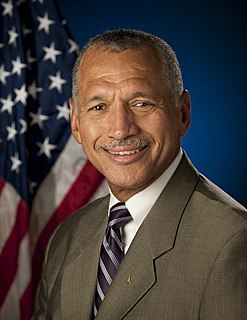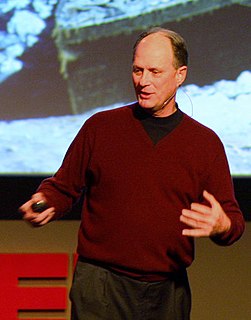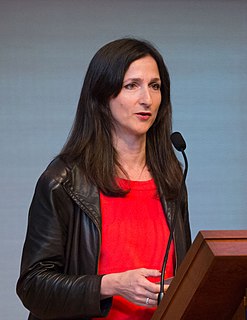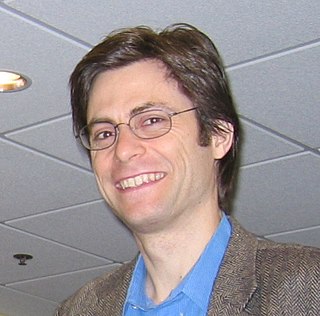A Quote by Martin Rees
The first arrival of earthly life on another celestial body ranks as an epochal event not only for our generation, but in the history of our planet. Neil Armstrong was at the cusp of the Apollo programme. This was a collective technological effort of epic scale, but his is the one name sure to be remembered centuries hence.
Related Quotes
As long as there are history books, Neil Armstrong will be included in them, remembered for taking humankind’s first small step on a world beyond our own. Besides being one of America’s greatest explorers, Neil carried himself with a grace and humility that was an example to us all. When President Kennedy challenged the nation to send a human to the moon, Neil Armstrong accepted without reservation. As we enter this next era of space exploration, we do so standing on the shoulders of Neil Armstrong.
The soles of Neil Armstrong's boots on the moon made permanent impressions on our souls and in our national psyche. Ann and I watched those steps together on her parent's sofa. Like all Americans we went to bed that night knowing we lived in the greatest country in the history of the world. God bless Neil Armstrong.
We stand on a great threshold in the human history of space exploration. If life is prevalent in our neighborhood of the galaxy, it is within our resources and technological reach to be the first generation in human history to finally cross this threshold, and to learn if there is life of any kind beyond Earth.
Centuries hence, when current social and political problems may seem as remote as the problems of the Thirty Years' War are to us, our age may be remembered chiefly for one fact: It was the time when the inhabitants of the earth first made contact with the vast cosmos in which their small planet is embedded.
On July 20th, 1969, Buzz Aldrin and Neil Armstrong took the most expensive selfie in history. As the apex of an 8-year, $130 billion effort, they posed in front of a camera and took a shot designed to do one thing - to show our free enterprise democratic system was better than the rigid, authoritarian system that wanted to destroy us.
This brief century of ours is arguably the most significant one in the history of our universe. We'll have the technology either to self-destruct, or [to] seed our cosmos with life. The situation is so unstable that I doubt we can dwell at this fork in the road for more than another hundred years. But if we end up going the life route instead of the death route, then in a distant future our cosmos will be teaming with life, all of which can be traced back to what we do-here and now. I don't know how we'll be thought of, but I'm sure that we won't be remembered as insignificant.



































